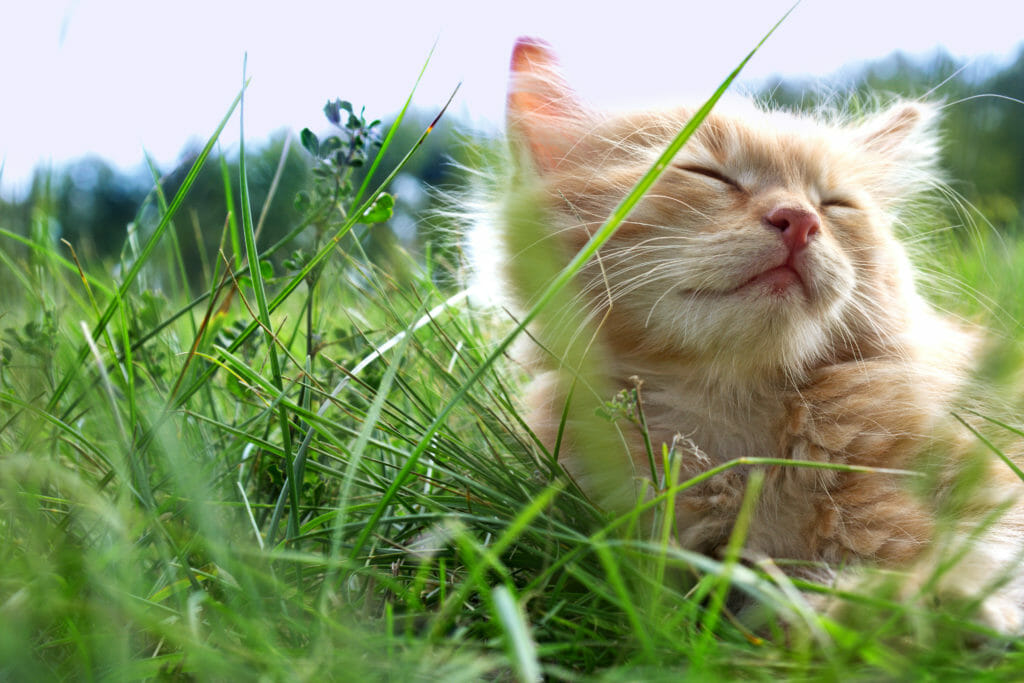Gastric dilation is a condition in which the stomach fills with gas and/or food and cannot escape. It may or may not be accompanied with the torsion(twisting) of the stomach in the abdomen. This condition has a very fast speed of progression so it is important to be able to recognize it and seek veterinary attention when necessary. In some cases, if it progresses to a certain point, death is a possible outcome.
The most common pets that we see gastric dilation and volvulus, otherwise known as GDV or bloat, are large breed dogs. This is because of the depth of their chest, so breeds such as Great Danes, St. Bernards, Irish setters and Gordon setters are at greater risk than smaller breeds. However, size is not the only thing that may predispose them to GDV. Pets that are fed large meals once a day, older dogs and dogs that are related to other dogs that have had GDV before are also at greater risk.
It is important be able to recognize the signs of GDV to be able to seek medical help if your pet may have a bloated stomach. As with many other conditions, the earlier your pet is diagnosed, the better their chances of survival are. Some of the earlier symptoms are; anxious behavior, drooling, retching without producing any vomit and distended abdomen. If not resolved, secondary symptoms begin to develop; death of the lining of the stomach, difficulty breathing, abnormal heart beat and ultimately rupture of the stomach.
Treatment for GDV is to primarily expel all the food and/or gas from the stomach. This is done by anesthetizing the patient and placing a stomach tube down the esophagus and into the stomach to decompress it. Following that, abdominal surgery may be warranted to replace the stomach to it’s original location in the abdomen. If all the previous steps are done without complication, the next step is to treat any of the possible secondary problems such as toxicity, cardiac arrhythmia and tissue that has died due to lack of oxygen. This whole process may take several days of hospitalization to resolve.
Bloat is very serious and life threatening. It is very important if your pet shows signs of bloat that you contact an emergency hospital immediately. Find a full list of GDV symptoms here.



